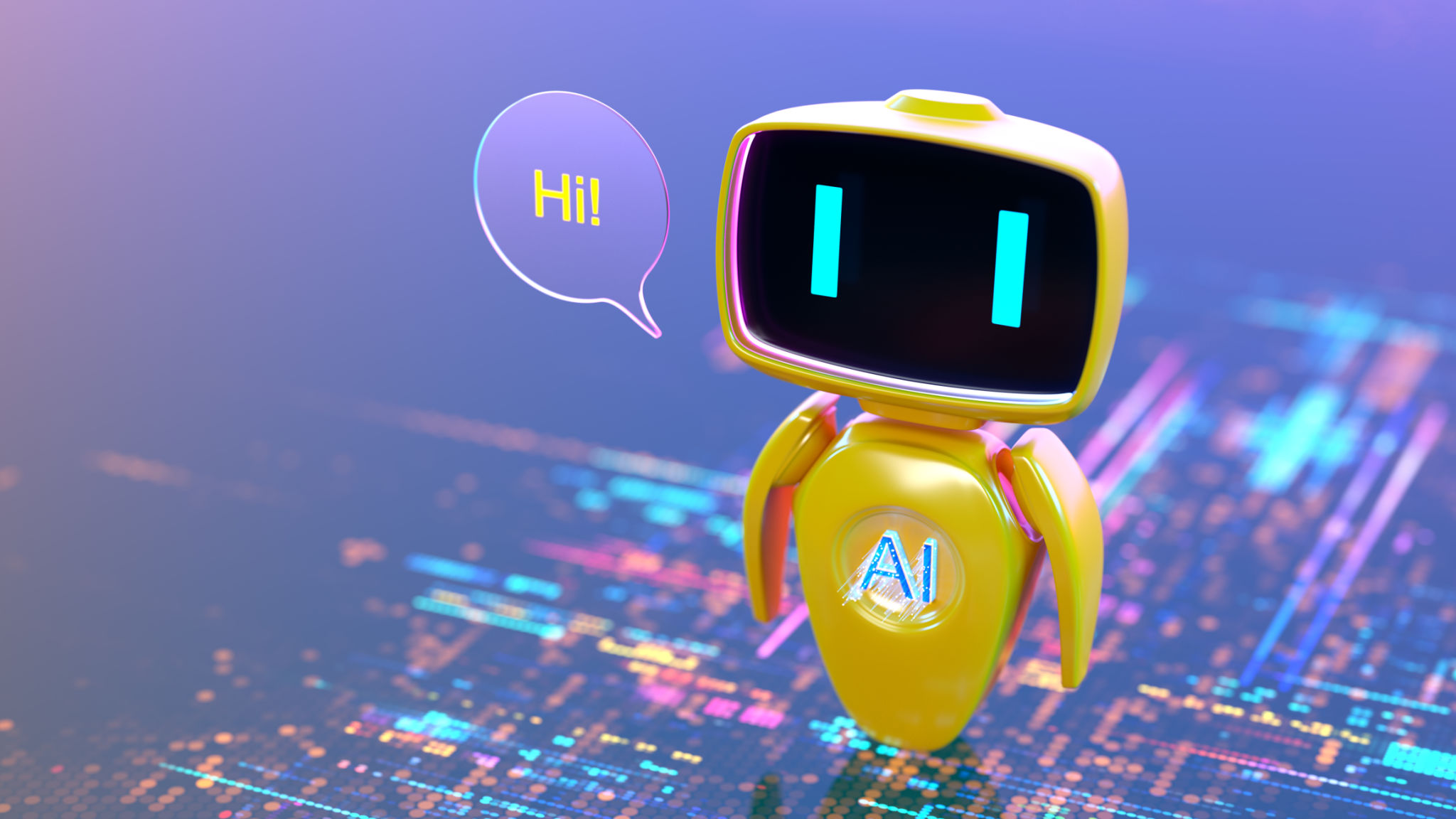The Rise of AI in Voice Over: Trends and Predictions
The Evolution of AI in Voice Over
The integration of artificial intelligence into the realm of voice over is revolutionizing the industry. This transformation is not just a fleeting trend but a significant shift that is redefining how voice content is created and consumed. AI-powered voice over technology is becoming increasingly sophisticated, offering new opportunities and challenges for creators and consumers alike.

The Benefits of AI in Voice Over
AI-driven voice over solutions offer numerous advantages. One of the most significant benefits is cost efficiency. Traditional voice over requires hiring voice actors, booking studio time, and investing in post-production processes. In contrast, AI voice over can be more affordable and faster, making it accessible to smaller businesses and independent creators.
Another advantage is the flexibility and variety it offers. With AI, you can easily generate multiple versions of a script using different tones, styles, and languages. This capability allows for more personalized and localized content, catering to diverse audiences without the need for extensive resources.
Current Trends in AI Voice Over
As AI technology advances, several trends are emerging in the voice over industry. Notably, the development of more natural-sounding AI voices is gaining momentum. These voices are able to mimic human speech patterns with remarkable accuracy, offering a more authentic listening experience.

Another trend is the increasing use of AI for real-time applications. From virtual assistants to interactive customer service systems, AI voice over is being utilized to enhance user interaction and engagement. This real-time capability is opening new avenues for dynamic content creation and delivery.
Challenges and Considerations
Despite its benefits, the rise of AI in voice over also presents certain challenges. One significant concern is the potential loss of jobs for traditional voice actors. As AI becomes more prevalent, there is a risk that demand for human voice talent may decrease, impacting livelihoods.
Additionally, ethical considerations around AI-generated content are crucial. Ensuring that AI voices are not used for deceptive purposes or to spread misinformation is paramount. Establishing guidelines and standards will be essential to address these ethical issues.
Predictions for the Future
Looking ahead, the future of AI in voice over appears promising yet complex. We can expect continued advancements in technology, leading to even more realistic and versatile AI voices. Integration with other technologies, such as augmented reality and virtual reality, may also see new applications emerge.

Moreover, as AI becomes more ingrained in our daily lives, there will likely be increased collaboration between human voice actors and AI systems. This synergy can enhance creativity and innovation, offering audiences richer and more engaging audio experiences.
Conclusion
The rise of AI in voice over marks a significant milestone in the evolution of audio content creation. While it brings a host of benefits and exciting possibilities, it also demands careful consideration of its impact on traditional roles and ethical standards. As we navigate this new landscape, embracing both technological advancements and human creativity will be key to shaping a future where both coexist harmoniously.